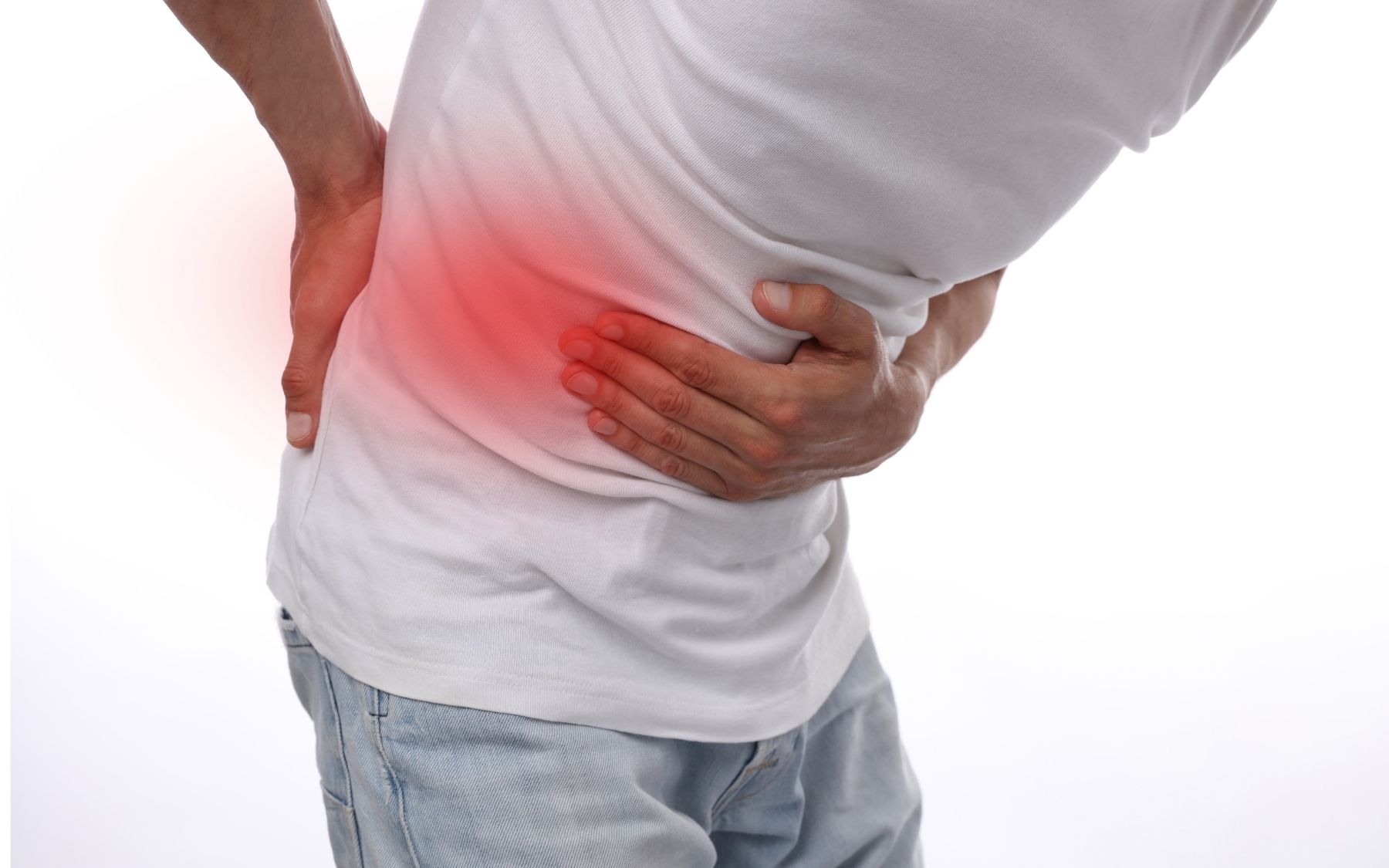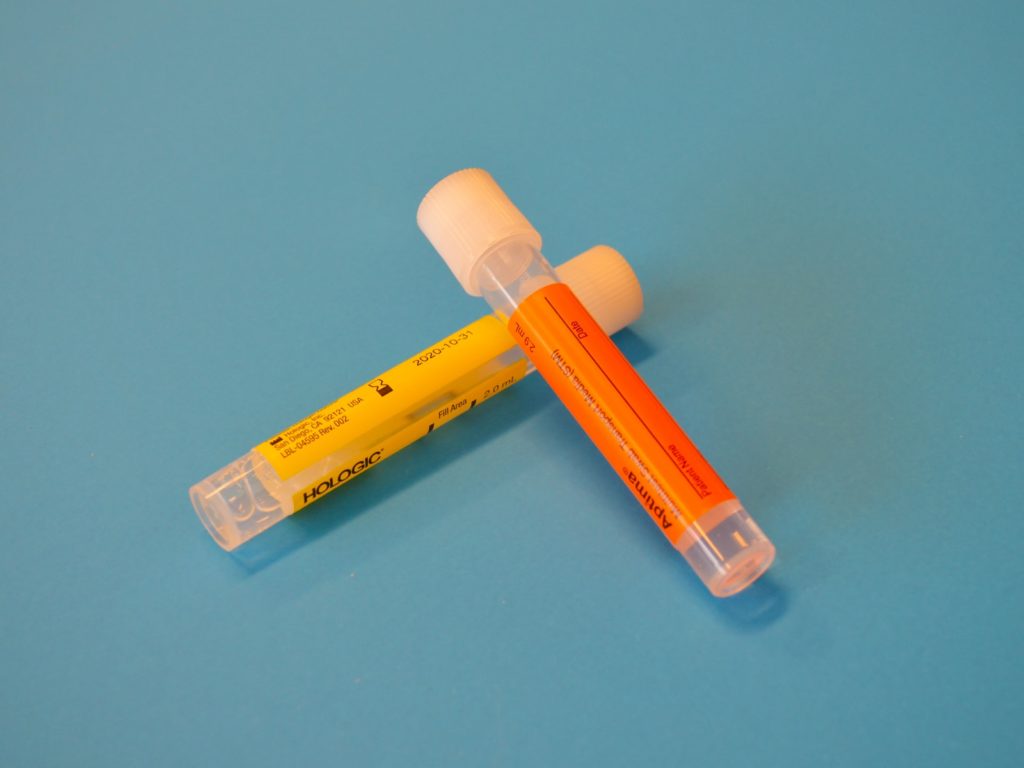A kidney infection is inflammation of the kidneys caused by bacteria; this is also referred to as pyelonephritis. This is a painful and uncomfortable condition that can be caused by an infection in the bladder (cystitis).
A kidney infection can affect people of at any ages and is more common in women. This is thought to be linked to the fact that a woman’s urethra is shorter, therefore making it easier for bacteria to reach the kidneys. Women that have regular sexual activity can also be at a higher risk. UTIs in men become more common when you get older. One reason is that older men are more likely to develop noncancerous enlargement of their prostate gland, (BPH). The prostate wraps around the neck of the bladder, where the urethra connects to the bladder. Enlargement of the prostate gland can choke off the bladder neck, making it harder for urine to flow freely. If the bladder doesn’t empty completely, bacteria that are normally flushed out with the urine might gain a foothold. From there the bacteria can travel to the kidney and cause a kidney infection.
It is important to note that most people that get cystitis will not get a kidney infection, however in some cases the bacteria can travel up to one or both of the kidneys.
If a kidney infection is treated straight away with a course of antibiotics, then it is unlikely to cause any serious harm, and will likely be gone in a few days. However, if it is left it can get worse and possibly cause damage to the kidneys.
- Symptoms of a kidney infection will usually occur within a few hours. The severity and type of symptoms that you experience can differ between everyone. Some of the most common symptoms include:
- Fever/shiver
- Having pain in your back or sides
- Smelly or cloudy urine
- Blood in your urine
- Pain or burning when urinating
- Need to urine suddenly or more often
A kidney infection can be easily diagnosed with a urine test and an explanation of the symptoms that you are experiencing. Your GP will mostly likely give you a course of antibiotics straight away to get rid of the infection and ensure that no permanent damage is done; you should be back to normal within 2 weeks. If you are still experiencing symptoms after the course of antibiotics has finished you should go back to your GP.
There are lots of things that you can do on a daily basis to help reduce your risk of developing a kidney infection. This includes:
- Drinking lots of water
- Not holding in urine
- Going to the toilet before and after sex
- Wiping from front to back when you go to the toilet
- Washing your genitals daily
- Wearing protection during sex
- Staying mobile
- Taking extra care about urinary tract surgery
- Getting circumcised
- Avoiding anal intercourse, which exposes the urethra to more bacteria
For more information on kidney infections please visit our kidney clinic page or give us a call on 0161 327 1269
This article is intended to inform and give insight but not treat, diagnose or replace the advice of a doctor. Always seek medical advice with any questions regarding a medical condition.






0 Comments